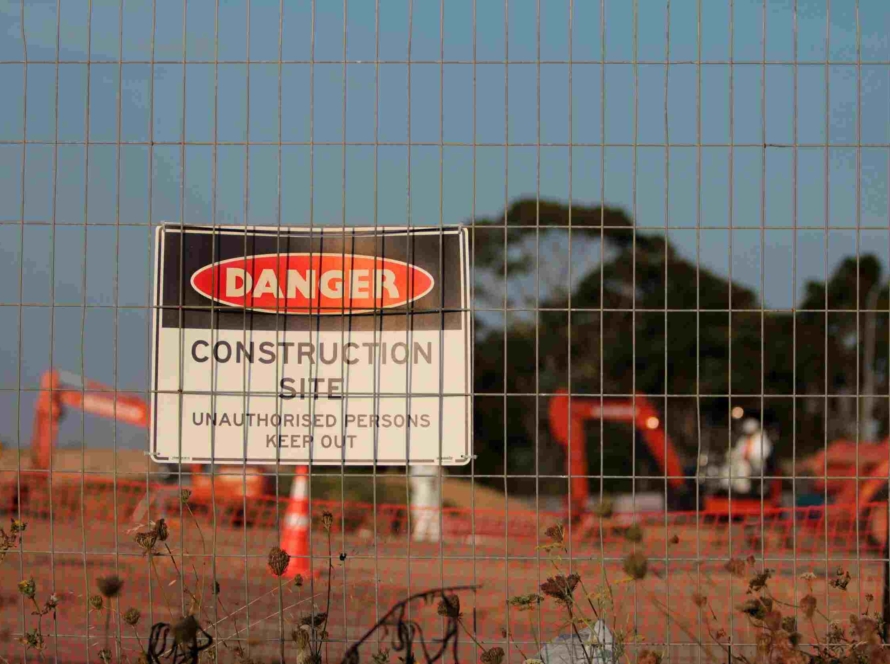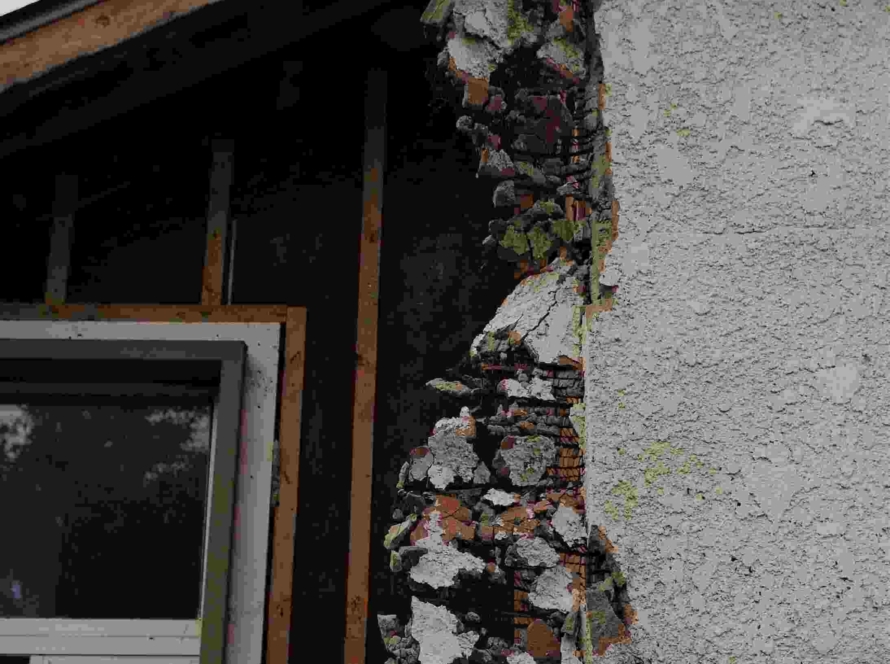As a homeowner or property owner, it’s important to ensure that your building is constructed properly and free of any deficiencies. One of the most important resources in this process is the building inspector.
In South Carolina, building inspectors are responsible for inspecting construction projects during various phases to ensure that the building meets the state’s building code requirements. Inspections may occur during the foundation, framing, electrical, plumbing, and final stages of construction.
While building inspectors play a critical role in ensuring that buildings meet minimum safety and quality standards, it’s important to note that they are not infallible. Here are some key things to keep in mind when it comes to the role of building inspectors in identifying construction deficiencies:
- Inspectors may not catch everything: Building inspectors are trained to identify issues with construction, but they may not catch every single deficiency. For example, inspectors may not be able to fully assess hidden components of a building, such as insulation or electrical wiring.
- Inspectors only check for code compliance: Building inspectors are not responsible for identifying all potential construction deficiencies. Their primary responsibility is to ensure that the building meets the minimum safety and quality standards set forth in the building code. This means that there may be other issues with the building that are not covered by the building code but could still pose a problem for property owners.
- Inspectors may miss issues due to limited access: There may be certain areas of a building that are difficult for an inspector to access, such as crawl spaces or attics. In some cases, inspectors may not be able to fully inspect these areas, which could lead to construction deficiencies going unnoticed.
So what can you do if you suspect that your building has construction deficiencies that were not caught by the building inspector? It’s important to work with an experienced construction defect attorney who can assess your situation and help you understand your options. In some cases, property owners may be able to pursue legal action against the builder, contractor, or other parties responsible for the construction deficiencies.
Building inspectors play a critical role in ensuring that buildings are constructed properly and meet minimum safety and quality standards. However, they are not infallible, and it’s important to understand their limitations when it comes to identifying construction deficiencies. If you suspect that your building has construction deficiencies, don’t hesitate to reach out to a knowledgeable construction defect attorney who can help you navigate the legal process. Contact the Blundy Law Firm today to set up a complementary consultation to discuss your construction defect claims.


